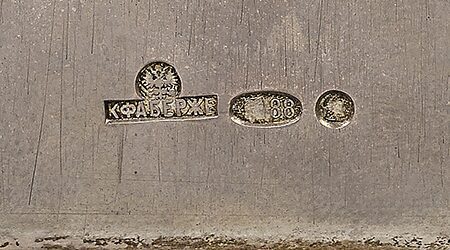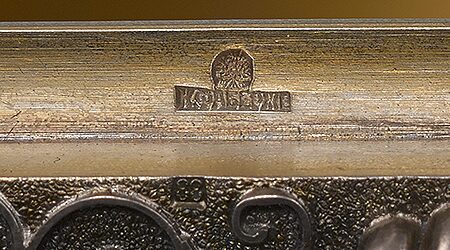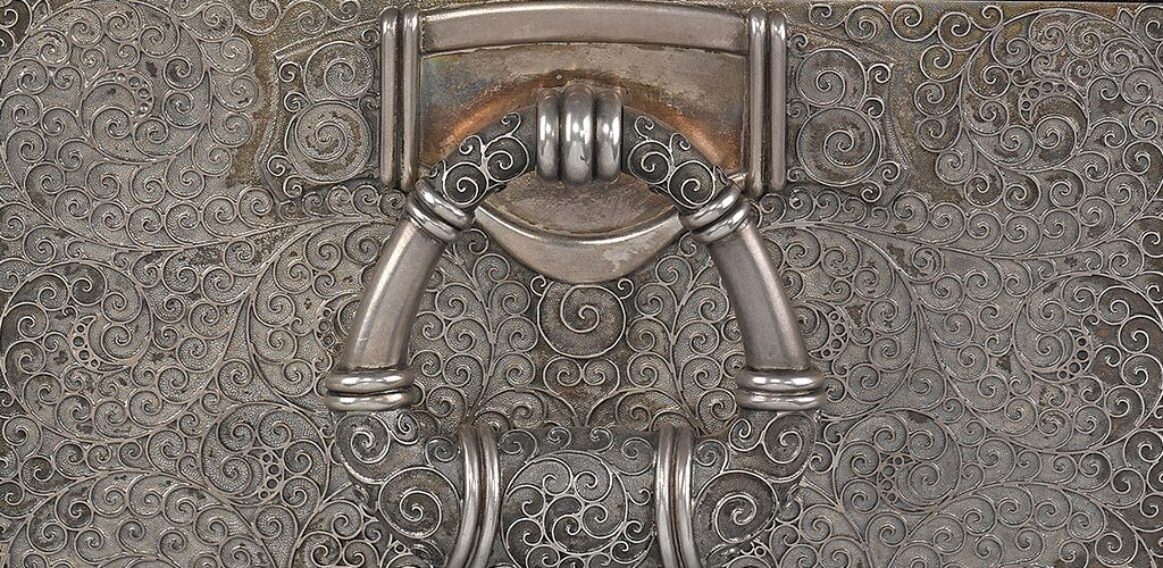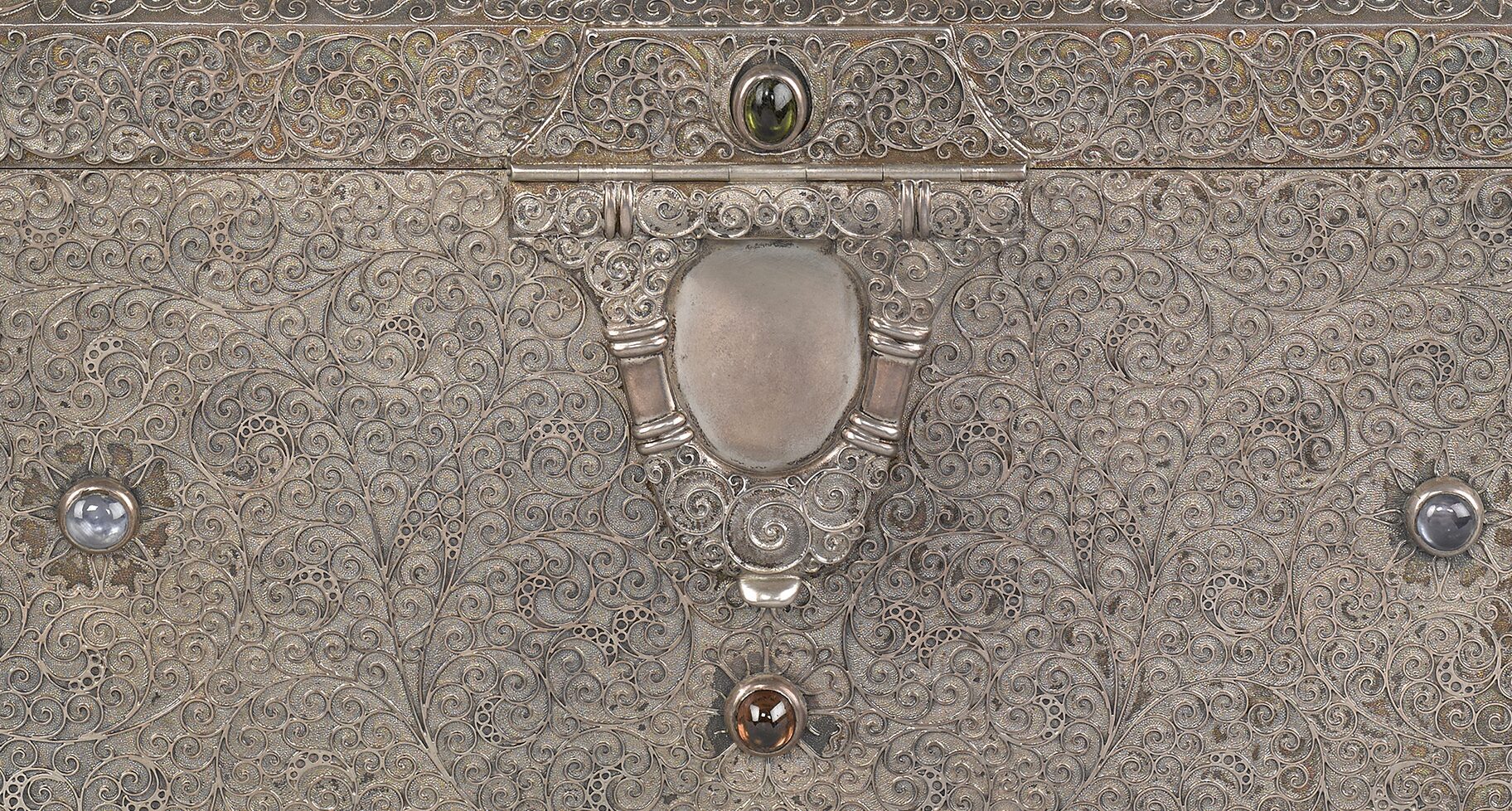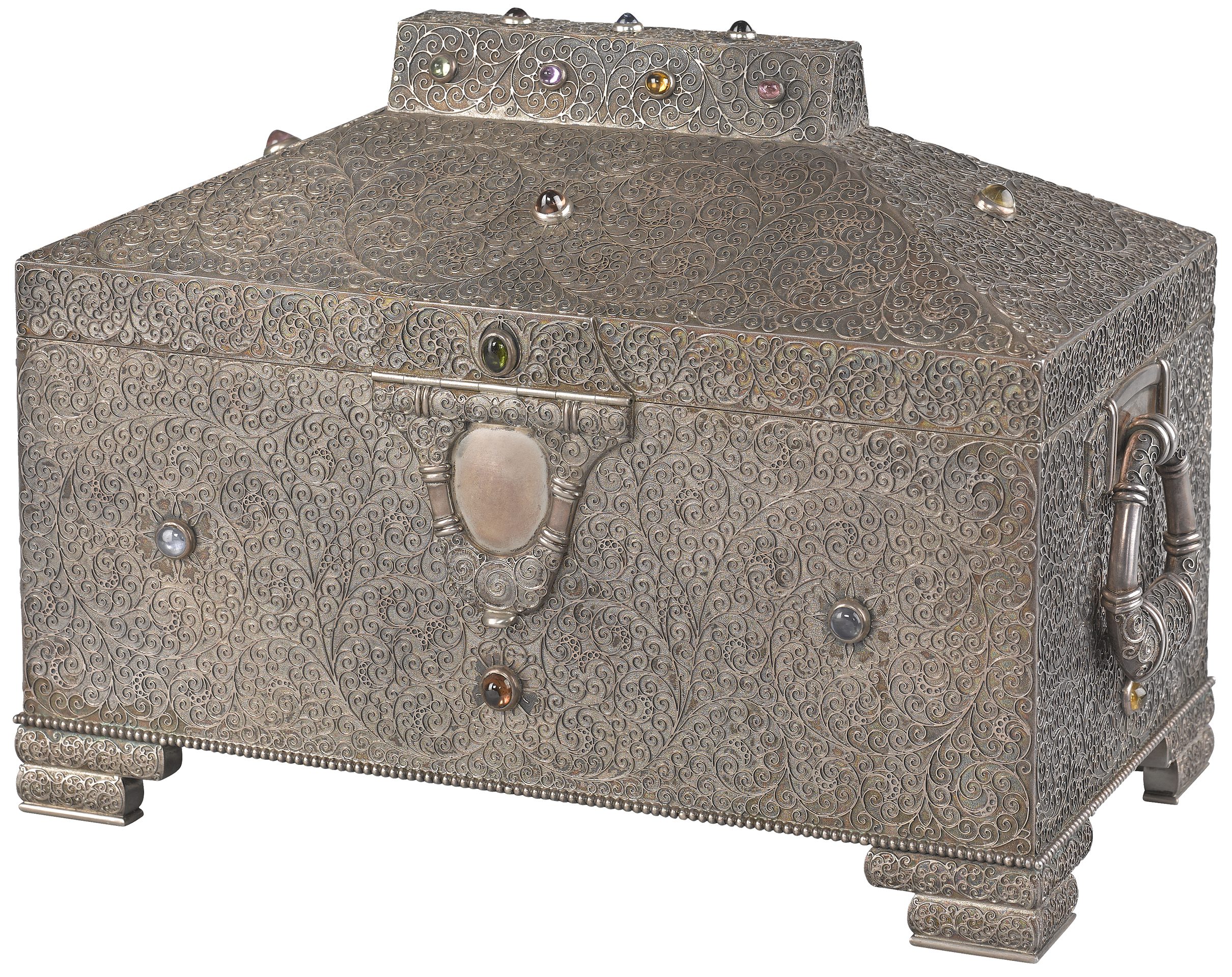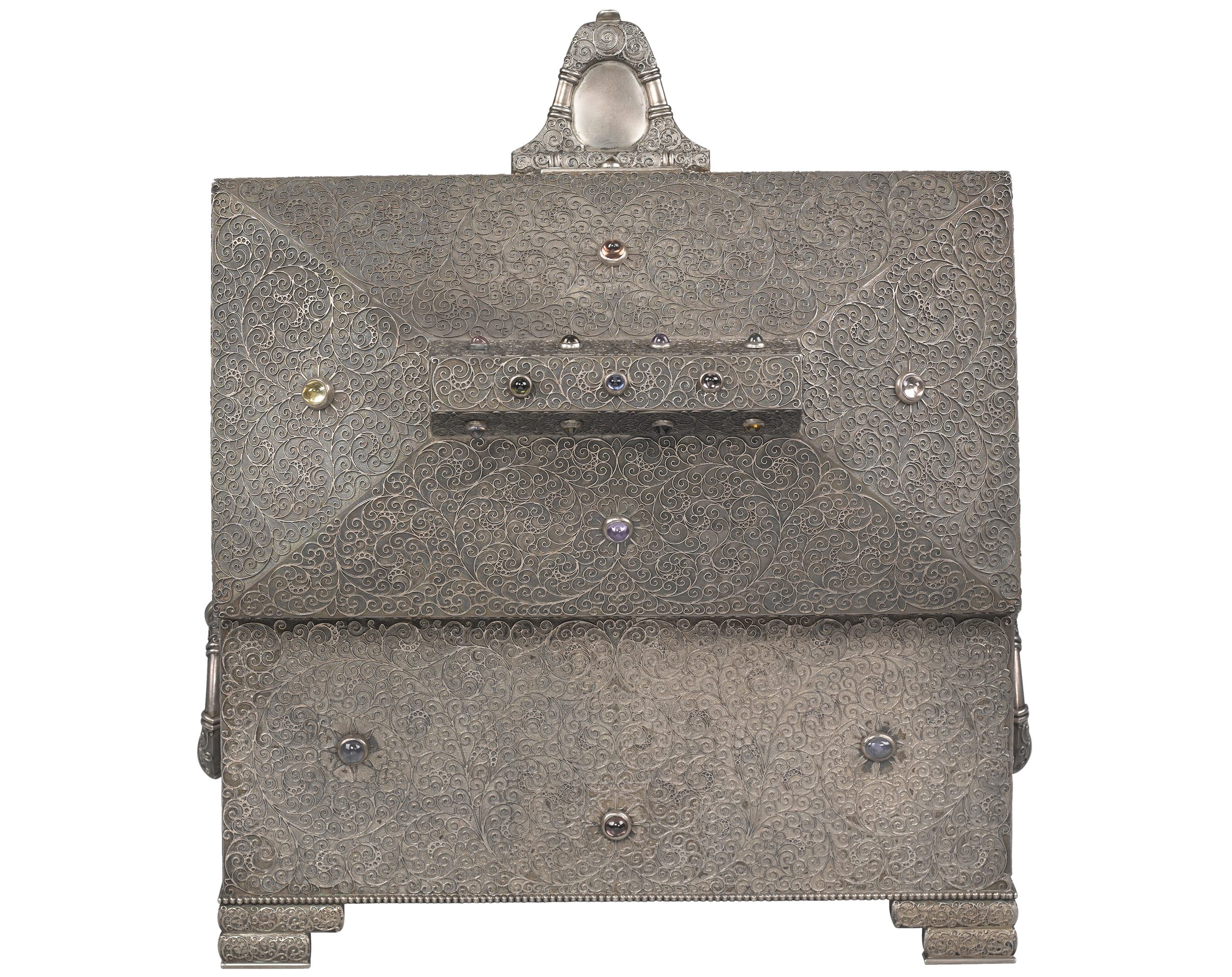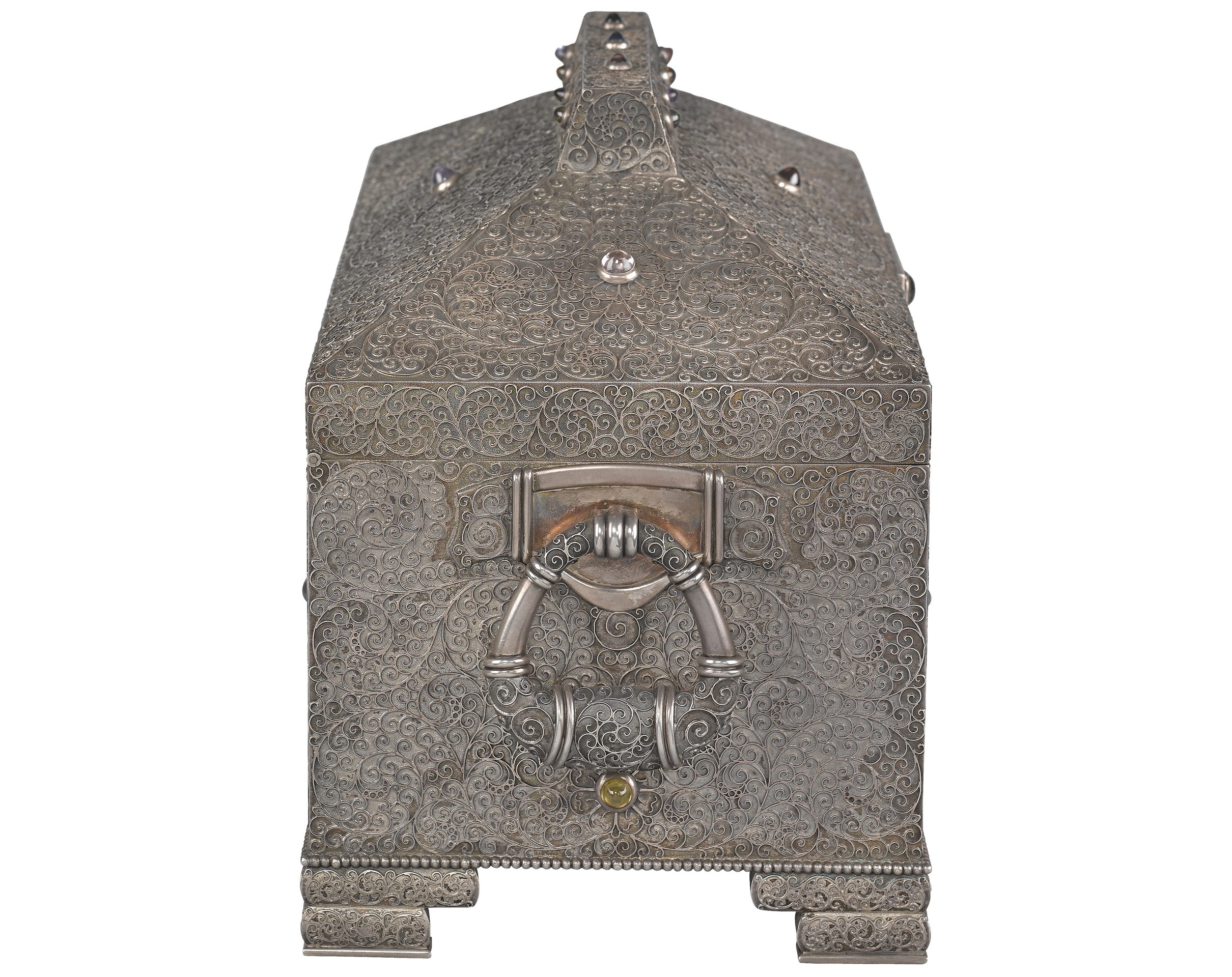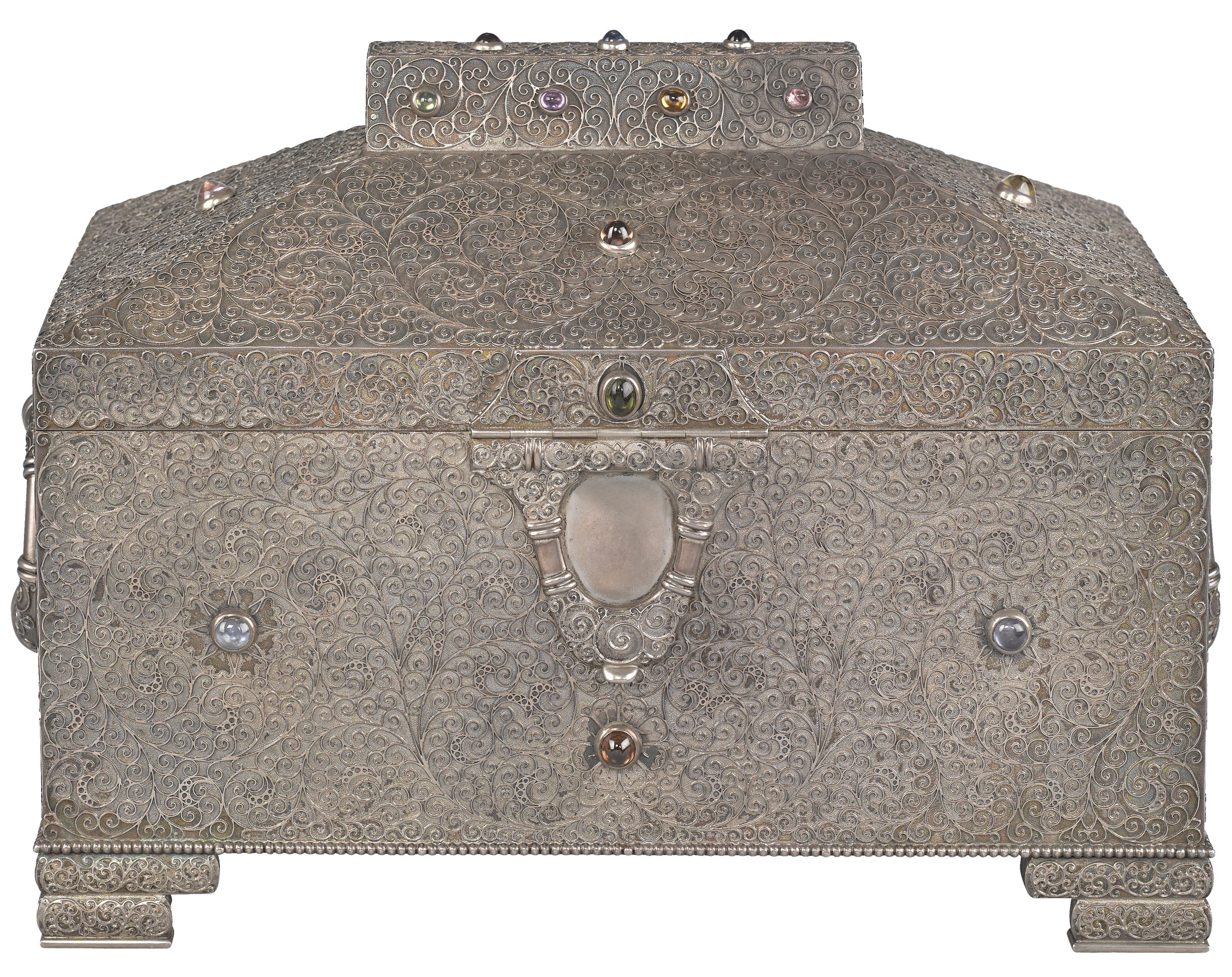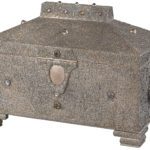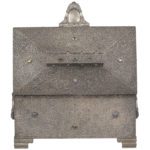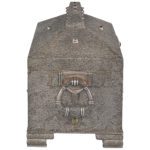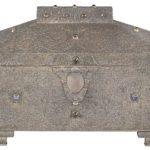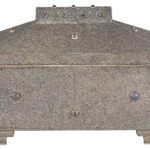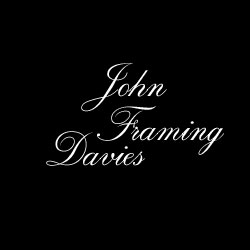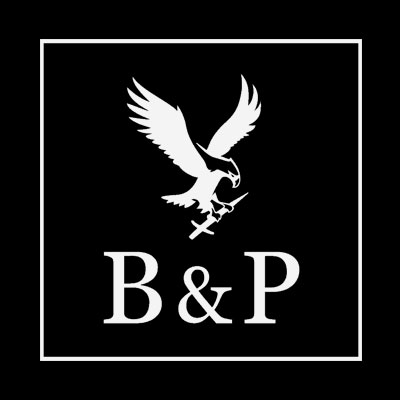Provenance
Presented by Tsar Nicholas II to the German chancellor Theobald von Bethmann-Hollweg (1856-1921) during his visit to St.Petersburg in 1913
Thence by descent through the family of the above
Sale Sotheby’s Geneva, 16 November 1989, lot 304
Exhibitions
Fabergé in America, New York, Metropolitan Museum of Art, 16 February – 28 April 1996, Fine Arts Museums of San Francisco, 25 May – 28 July 1996, Virginia Museum of Fine Arts, Richmond, 24 August – 3 November 1996, New Orleans Museum of Art, 7 December 1996 – 9 February 1997, Cleveland Museum of Art, 12 March – 11 May 1997
Fabergé Treasures from the Kremlin, Las Vegas, Bellagio Gallery of Fine Art, 30 August 2002 – 26 January 2003
Fabergé, Rome, Museo Del Corso, 30 October 2003 – 18 January 2004
Bibliography
J. von Winterfeldt-Menkin, Jahreszeiten des Lebens, Berlin, 1942, p. 159
Andre Ruzhnikov Russian Icons, Palo Alto, 1990s, No. 905, illustrated p. 30
G. von Habsburg, D. Parks Curry, Ch. Forbes, H. Hawley, J. Webster Keefe, A. Odom, Fabergé in America, San Francisco, 1996, no. 304, p. 280
L. Morris (ed.), M. Glimcher, E. Gagarina, A. Bundonis, T. Muntyan, Fabergé Treasures from the Kremlin, Las Vegas, 2002, p. 70-71
G. von Habsburg, Fabergé, Rome, 2003, p. 57
G. von Habsburg, Fabergé Then and Now, Munich, 2004, illustrated p. 24, pl. 17
A large Imperial presentation silver jewellery casket in the Pan-Slavic style. The stippled matte surface is overlaid with filigree scrolls set with semi-precious cabochon gem-stones, standing on bracket feet, with a roof-shaped lid, drop ring handles and hinged clasp. The casket was presented to the German chancellor Theobald von Bethmann-Hollweg during his visit to St. Petersburg in 1913.
Theobald von Bethmann-Hollweg (1856-1921) was appointed Chancellor of Germany in 1909 and occupied the position until 1917, during much of World War I. He was known for his rather liberal political views. In foreign affairs he pursued a political compromise, trying to find a workable solution with the British to reduce military escalation.
Prior to the outbreak of WWI in August 1914, amid the diplomatic uncertainties of that period, Bethmann-Hollweg successfully liaised with the British Foreign Secretary, working with him to alleviate tensions during the Balkan Crises of 1912-1913 and prevent its further expansion.
